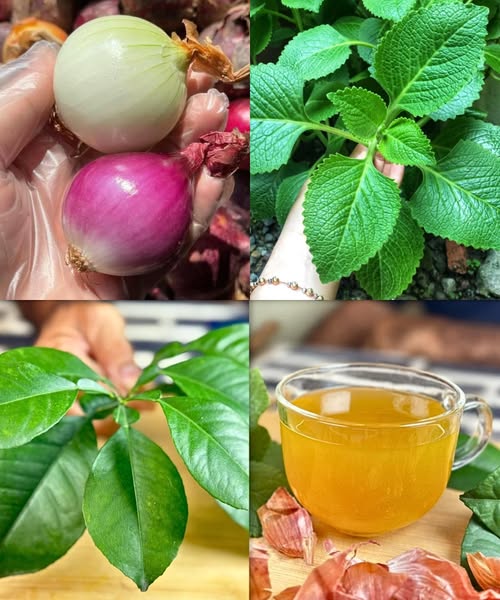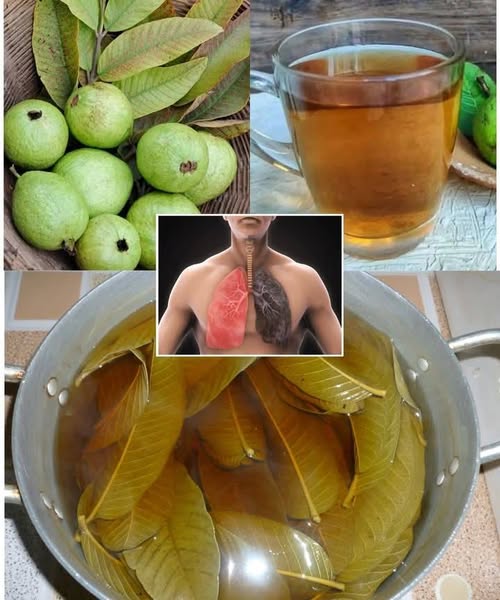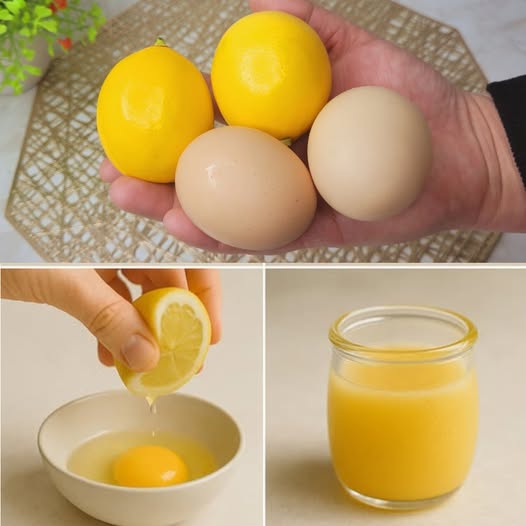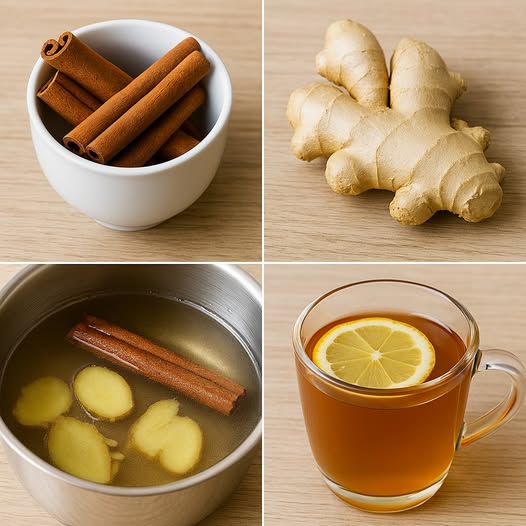Introduction: Can You Really Eliminate Cancer, Diabetes, and High Blood Pressure?

Imagine a world where the deadliest diseases—cancer, diabetes, and high blood pressure—are not just managed, but eliminated naturally. Sounds too good to be true? Think again.
Chronic diseases are the leading cause of death globally. According to the World Health Organization (WHO), non-communicable diseases (NCDs) account for 74% of all deaths, with cancer, diabetes, and cardiovascular diseases topping the list. But here’s the good news: up to 80% of heart disease, stroke, and type 2 diabetes and over 40% of cancer cases are preventable, primarily through lifestyle changes.
This blog dives into 7 evidence-based, actionable strategies that you can adopt today to prevent—and even reverse—chronic diseases. We’ll answer the most frequently asked questions, bust myths, and arm you with tools to transform your health—for good.
1. Cut the Killer Trio at the Root: Master Your Diet
Why does your diet matter so much? Because what you eat either fuels disease or fights it.
✅ Go Plant-Strong
A study published in JAMA Internal Medicine found that plant-based diets reduce the risk of type 2 diabetes by 23%. Meanwhile, the American Institute for Cancer Research links whole-food, plant-based diets to lower cancer risks.
Key Foods to Eat Daily:
- Leafy greens (spinach, kale)
- Berries (blueberries, raspberries)
- Cruciferous vegetables (broccoli, cabbage)
- Nuts and seeds (walnuts, flaxseeds)
- Whole grains (quinoa, oats)
- Legumes (lentils, chickpeas)
❌ Eliminate the Enemies
- Processed meats (bacon, sausages)
- Refined sugars and high-fructose corn syrup
- Trans fats and hydrogenated oils
- Excessive salt and ultra-processed foods
FAQ:
Can I still eat meat?
Yes, but focus on lean, organic, or grass-fed options, and consume in moderation—no more than 2–3 servings a week.
2. Intermittent Fasting: Reset Your Body’s Healing Powers
Intermittent fasting (IF) is more than a trend—it’s a powerful tool for cellular repair and disease prevention. Research shows that IF:
- Improves insulin sensitivity by 20–30%
- Triggers autophagy, the body’s process of eliminating damaged cells (linked to lower cancer risk)
- Lowers blood pressure and inflammation
Top IF Protocols:
- 16:8 (Fast 16 hours, eat within an 8-hour window)
- 5:2 (Eat normally 5 days a week, reduce calories to 500–600 for 2 days)
FAQ:
Is intermittent fasting safe for diabetics?
Yes, but consult your doctor first. IF can help reduce dependency on insulin and normalize blood glucose levels.
3. Supercharge with Anti-Disease Nutrients
Certain nutrients offer exceptional protection against cancer, diabetes, and hypertension. You can’t afford to skip these:
🌿 Curcumin (Turmeric)
- Anti-inflammatory and antioxidant powerhouse
- Shown to inhibit cancer cell growth and regulate blood sugar
🧄 Garlic
- Lowers blood pressure by up to 10%
- Reduces arterial plaque buildup
- Possesses anti-cancer compounds like allicin
🍇 Resveratrol (Red grapes, berries)
- Enhances heart health
- Improves insulin sensitivity
- Prevents cellular aging
🥦 Sulforaphane (Found in broccoli)
- Induces cancer-fighting enzymes
- Detoxifies carcinogens
FAQ:
Do I need supplements?
Not always. Food first, then supplement only if your diet lacks specific nutrients.
4. Manage Stress or It Will Manage You
Chronic stress is a silent killer, raising cortisol and insulin levels while impairing immune response.
Stress = Inflammation = Disease
Powerful Stress Reduction Techniques:
- Meditation and deep breathing (10 minutes/day)
- Yoga and tai chi
- Digital detox: Limit screen time, especially before bed
- Nature therapy: Walk in green spaces, even for 20 minutes
FAQ:
Can stress really cause cancer or diabetes?
Yes, indirectly. Chronic stress suppresses immunity and worsens insulin resistance, creating fertile ground for disease.
5. Move More, Sit Less: The Activity Prescription
Physical activity is a non-negotiable when it comes to eliminating disease risk.
The Science:
- Just 150 minutes of moderate exercise/week can:
- Reduce cancer risk by 30%
- Improve insulin sensitivity by 40%
- Lower blood pressure significantly
Top Exercise Types:
- Brisk walking
- Swimming
- Strength training
- High-Intensity Interval Training (HIIT)
Bonus Tip:
Incorporate movement snacks—stand up and stretch every hour.
FAQ:
What if I’m overweight or have joint pain?
Start with low-impact options like swimming or cycling. The goal is consistency, not intensity.
6. Detox Your Life: Environmental Toxins & Your Health
Did you know that many cancers and hormonal diseases are linked to everyday chemical exposure?
Eliminate These Hidden Dangers:
- BPA in plastic bottles and food containers
- Phthalates in cosmetics and personal care products
- Pesticides in non-organic produce
Detox Tips:
- Use glass or stainless-steel containers
- Switch to organic produce (especially the “Dirty Dozen”)
- Choose clean beauty and household products
FAQ:
Is detoxing with juices or teas enough?
No. Real detox involves reducing exposure, supporting liver function with foods like beets, garlic, and leafy greens, and staying hydrated.
7. Sleep: The Most Underrated Medicine
Poor sleep = Higher risk of cancer, diabetes, and high blood pressure.
Research Shows:
- Less than 6 hours/night doubles the risk of heart disease
- Poor sleep impairs glucose metabolism
- REM sleep helps regulate immune function and hormone balance
Sleep Hygiene Tips:
- Stick to a consistent sleep schedule
- Avoid screens 1 hour before bed
- Keep your bedroom cool, dark, and quiet
- Try magnesium-rich foods before bed (e.g., almonds, bananas)
FAQ:
Can I make up for lost sleep on weekends?
Unfortunately, no. Sleep debt affects your metabolic and immune system immediately.
Bonus Strategy: Get Regular Check-Ups & Screenings
You can do everything right, but early detection saves lives.
- Annual blood tests (glucose, cholesterol, inflammatory markers)
- Blood pressure monitoring
- Cancer screenings based on age and gender (e.g., colonoscopy, mammogram)
Be proactive, not reactive.
Conclusion: The Power to Eliminate Disease Is in Your Hands
While genes play a role, your daily decisions are far more powerful. By embracing these 7 science-backed strategies, you are not just managing disease—you’re taking steps to eliminate it from your life.
“Genetics load the gun, but lifestyle pulls the trigger.” — Dr. Dean Ornish
It’s time to take charge. You don’t need a miracle. You need a plan. And now you have one.
Start today. Share this blog with someone who needs it. Your decision could save a life.


